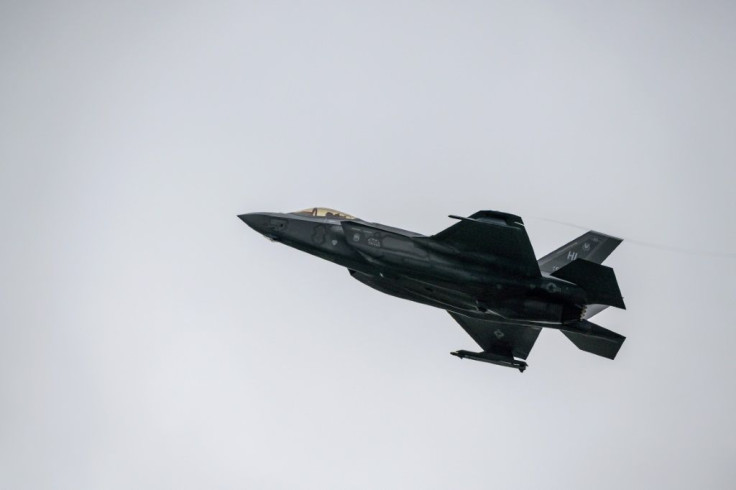Turkey Invites Malaysia To Join Its Fighter Jet Program

KEY POINTS
- Indonesia, Pakistan, Bangladesh, and Kazakhstan are potential partners or buyers of the future fighter jet under consideration by TAI
- TAI is awaiting Malaysia’s response
- Malaysia is involved because Turkey has offered “whatever it needs” to develop a defense industry
Malaysia has been invited by Turkey to join its indigenous fighter program to build the TF-X, a proposed twin-engine all-weather air superiority fighter being developed by Turkish Aerospace Industries (TAI) in collaboration with London based BAE Systems and Rolls-Royce
Indonesia, Pakistan, Bangladesh, and Kazakhstan are potential partners or buyers of the future fighter jet under consideration by TAI, according to Defense News. The CEO of TAI, Temel Kotil, is awaiting Malaysia’s response. There is already a “memorandum of understanding” signed last year between TAI and Malaysia.
Temel Kotil said, “[TF-X] will be the first big fighter jet of the Muslims. Building the aircraft first and then selling it is a modality. But we think it’s better if we take in partners at this stage." The company also invited Malaysia to partner on its Hurkus, a trainer and light attack aircraft.
This action follows Ankara’s suspension last year from the U.S. led F-35 Joint Strike Fighter program over its planned purchase of a sophisticated Russian air defense system. According to a Washington Post article from April 2019, the Trump administration and NATO said the purchase would compromise the technology of the new-generation stealth fighter.
Turkey’s desire for a missile defense system predates the start of the civil war in neighboring Syria, but it escalated in the wake of the 2015 Turkish shoot-down of a Russian attack aircraft that entered its territory from Syria. Russia has been Syrian President Bashar al-Assad’s primary military supplier and backer in his fight against opposition forces.
Rolls-Royce is having discussions with Turkey over the design and production of the TF-X. Turkey’s Foreign Minister Mevlüt Çavuşoğlu has recently indicated that the government wants to move forward with the U.K. on the production of the TF-X but this will not happen until Turkey selects an engine and finalizes the full design of the aircraft.
A £100 million ($130 million) deal between Rolls-Royce and Turkish based Kale Group, the world's 12th largest ceramics manufacturer, is on hold until uncertainties over the technology transfer are resolved.
In 2015, Rolls-Royce signed a memorandum of understanding with Turkey over technological know-how and a production facility. In 2016, Rolls-Royce offered a joint production partnership to Turkey for potential sales to third parties and a Turkish production unit to manufacture engines for the TF-X as well as helicopters, tanks and missiles.
Malaysia is involved because Turkey has offered “whatever it needs” to develop a defense industry. In a July 2019 report by the Malay Mail, Malaysian Prime Minister Dr. Mahathir Mohamad said “Not many countries are willing to transfer technologies to us. But Turkey has promised to give whatever we want when it comes to technology, manufacturing, and so on.”
In 2017, BAE Systems and TAI signed a $125 million heads of agreement to collaborate on the first development phase of the TF-X. Turkey’s aerospace and procurement officials are now aiming to fly the TF-X in 2025 or 2026, a few years later than the original 2023 target.
© Copyright IBTimes 2025. All rights reserved.





















